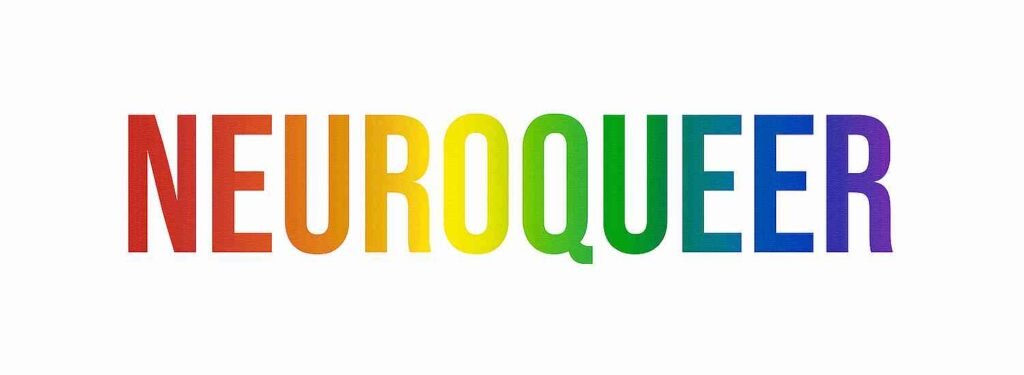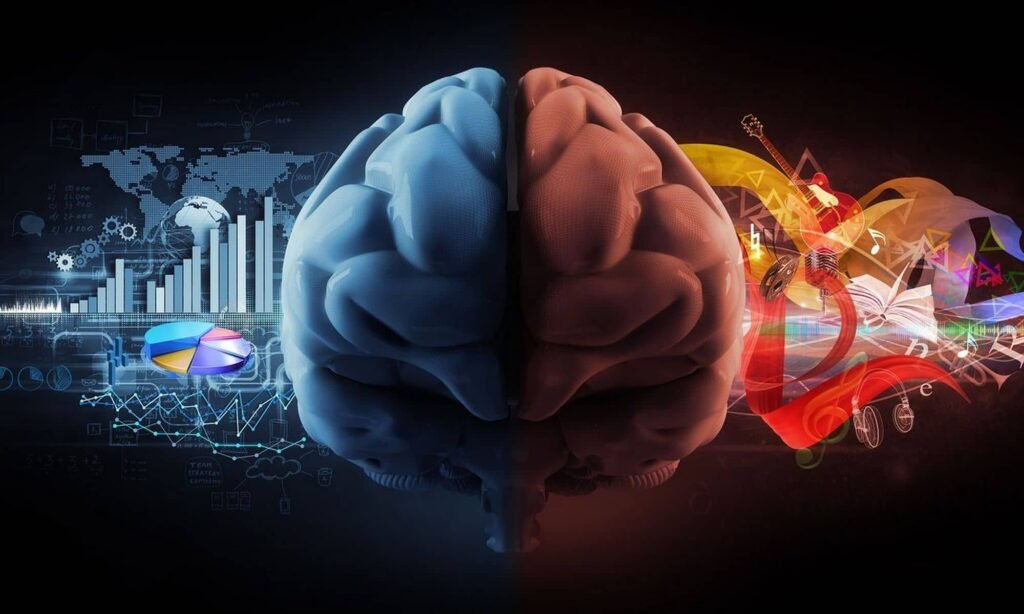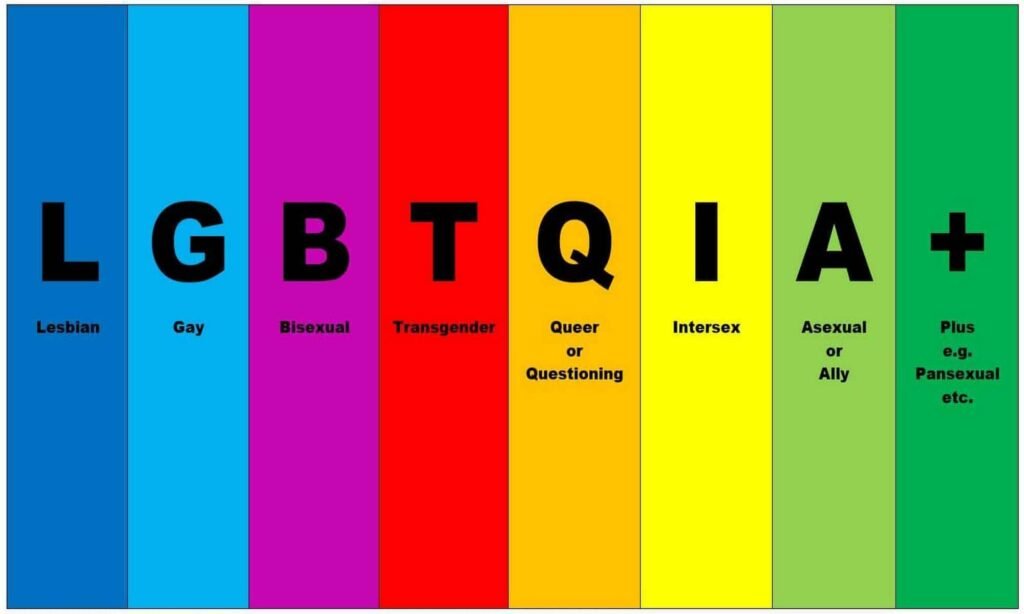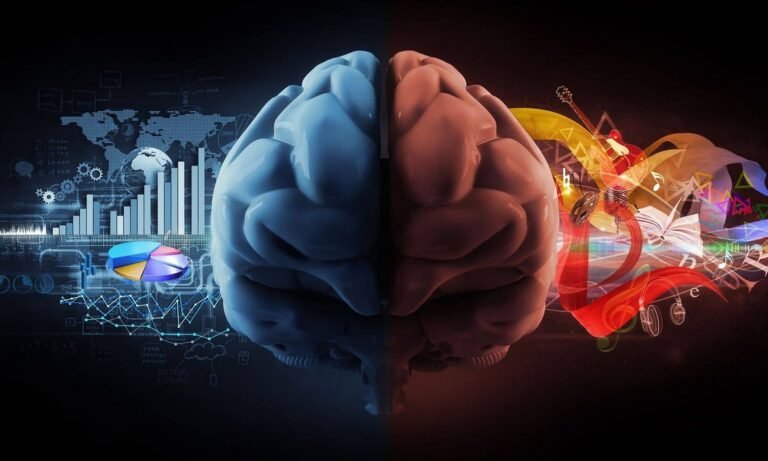
Neuroqueer theory is an emerging framework that examines the intersection of neurodiversity and queerness. The term originates from the deliberate melding of neurodiversity – the recognition and celebration of neurological differences, including conditions such as autism, ADHD, and dyslexia – with queerness, which encompasses a spectrum of sexual and gender identities outside traditional norms. This interdisciplinary approach challenges established notions of both identity and mental health, encouraging a re-evaluation of how these concepts are understood within societal structures.
At its core, neuroqueer theory posits that neurodiverse individuals often experience critical marginalization not only due to their neurological differences but also because of their sexual or gender identities. By deconstructing these intersecting identities, neuroqueer theory works to illuminate how societal expectations shape the lived experiences of those who identify as both neurodivergent and queer. The theory argues that these intersections create unique challenges and opportunities for understanding identity, pushing the boundaries of conventional frameworks around mental health and social belonging.
Additionally, neuroqueer theory provides a valuable lens for analyzing the ways in which societal constructs of neurodiversity and sexuality can lead to exclusion and misunderstanding. By prioritizing the lived experiences of neuroqueer individuals, this theory advocates for a more inclusive perspective that celebrates diversity rather than perceiving it as a problem to be solved. This inclusivity fosters environments in which individuals can embrace their identities without the constraints of normative frameworks, thus enriching discussions around neurodiversity and queerness in various contexts.
Dr. Nick Walter
Neuroqueer is a radical framework bridging neurodiversity and queerness – coined by Dr. Nick Walker, a queer transgender autistic scholar. It highlights how neurodivergent and queer lives resist conformity to dominant scripts, framing neuroqueering as both authentic practice and cultural transformation. Walker’s work, including Neuroqueer Heresies, shows how these intersections reclaim agency and reshape society’s understanding of difference. It ultimately envisions liberation through difference, where living neuroqueer becomes both resistance and world‑building.
The Intersection of Neurodiversity and Queerness
The intersection of Neurodiversity and queerness represents a unique confluence of experiences that often share challenges stemming from societal marginalization. Neurodivergent individuals, who may express Autistic Quirks, ADHD, or dyslexia, frequently navigate a world that is not accommodating of cognitive differences. In parallel, members of the LGBTQIA+ community confront prejudices and stigma related to their sexual orientation and gender identity. For many, the dual existence in these marginalized spaces creates a complex identity landscape that requires a nuanced understanding.
Personal narratives from neuroqueer individuals provide valuable insights into these intertwined experiences. For example, a neurodivergent trans person may find that their identity as a member of the LGBTQIA+ community offers a profound sense of liberation, while simultaneously, the social challenges linked to their neurodivergence may hinder their ability to engage with others or access affirming resources. Such examples illustrate how identities can both empower and complicate personal experiences, highlighting the need for inclusivity within both neurodiversity and LGBTQIA+ discussions.
Case studies further elucidate the intricacies of living at this intersection. For instance, a neuroqueer individual may negotiate their identity through art or advocacy, shedding light on societal misconceptions and fostering a sense of community. This engagement can serve as a cathartic outlet, not only aiding in personal acceptance but also contributing to broader awareness and acceptance of both neurodiversity and queerness.
Recognizing the distinct yet connected challenges encountered by those within these intersecting identities is crucial for advocates and allies alike. By fostering understanding and promoting inclusivity, we can help mitigate the marginalization of neuroqueer individuals, ensuring that all voices are valued and respected within both movements. Such efforts are vital in creating a more equitable society that honors the unique experiences of every individual.
The Implications of Neuroqueer Theory for Mental Health and Society
Neuroqueer theory offers a transformative framework that can significantly influence mental health discourse and societal structures. By recognizing and validating the unique experiences of individuals who identify as neuroqueer, this theory promotes a more inclusive approach to mental health care. Traditional mental health practices have often pathologized behaviors and identities that diverge from societal norms, leading to stigma and exclusion. In contrast, neuroqueer theory encourages therapeutic approaches that respect and affirm neuroqueer identities, providing support that is tailored to individual needs rather than confining them to rigid diagnostic categories.
Integrating neuroqueer perspectives into psychotherapy and counseling can facilitate the development of nuanced therapeutic models. These models empower neurodiverse clients by allowing them to express their experiences without fear of being labeled maladaptive. This shift in mental health discourse emphasizes empathy, understanding, and validation, fostering a therapeutic environment where clients feel seen and heard. When therapists adopt a neuroqueer lens, they encourage clients to explore their identities holistically, recognizing the interplay between neurodiversity and queerness in shaping lived experiences.
Moreover, embracing neuroqueer theory has significant implications for societal acceptance and policy-making. By promoting greater understanding of neurodiversity and queerness, society can challenge existing stigmas and foster inclusivity. This shift may lead to broader systemic changes, including the development of policies that support neuroqueer individuals in various aspects of public life. Increased awareness can facilitate community support networks that validate diverse identities, contributing to the well-being of neuroqueer individuals.
In summary, neuroqueer theory not only redefines mental health care practices but also advocates for societal transformations that bolster acceptance and understanding. By prioritizing inclusivity and validation, this framework has the potential to reshape how we perceive and support neurodiverse communities.
Future Directions and the Evolution of Neuroqueer Thought
As neuroqueer theory continues to develop, it stands at the intersection of neurodiversity and social justice, and its future is shaped by ongoing activism, research, and artistic innovation. Current movements within the neuroqueer community are not only redefining how we understand neurodiversity but also how it intersects with issues of identity, inclusion, and advocacy. This evolution is marked by an increase in collective voices advocating for the rights and recognition of neurodivergent individuals within broader societal frameworks.
Activism plays a crucial role in propelling neuroqueer ideas into public consciousness. Grassroots organizations and online platforms are emerging to amplify neuroqueer narratives, fostering a sense of community and belonging for neurodivergent individuals. Events such as conferences, workshops, and art exhibitions provide safe spaces for sharing experiences and ideas. These initiatives inspire new conversations about the validity of diverse lived experiences, challenging societal norms that often marginalize neurodivergent perspectives. The emphasis on intersectionality within the neuroqueer framework encourages a comprehensive understanding of how various identities – race, gender, sexuality – interact with neurodiversity.
Furthermore, the domain of research is expanding to investigate the implications of neuroqueer theory across various disciplines, including psychology, sociology, and education. Studies focusing on neuroqueer identities help illuminate the unique challenges faced by neurodivergent individuals, thereby informing policy changes and educational practices. As this body of knowledge grows, it invites further inquiry into how societal structures can be reformed to better accommodate diverse neurological experiences.
However, alongside these advancements, the neuroqueer community may encounter challenges that require vigilance and advocacy. Resistance from traditional systems and the potential for misrepresentation necessitate ongoing dialogue to ensure the integrity of neuroqueer thought. It is crucial that future discussions remain proactive, engaging a diverse range of voices to nurture a more inclusive and equitable understanding of neurodiversity. In conclusion, the trajectory of neuroqueer theory promises to significantly enrich conversations surrounding identity and social justice in the years to come.
What’s More
The posts in My Blog feature reflective, story-driven pieces rooted in personal and societal insights.
The topics in My Interests explore abstract, philosophical ideas and their cultural and societal impact.
👁️ 6,390 Views


















